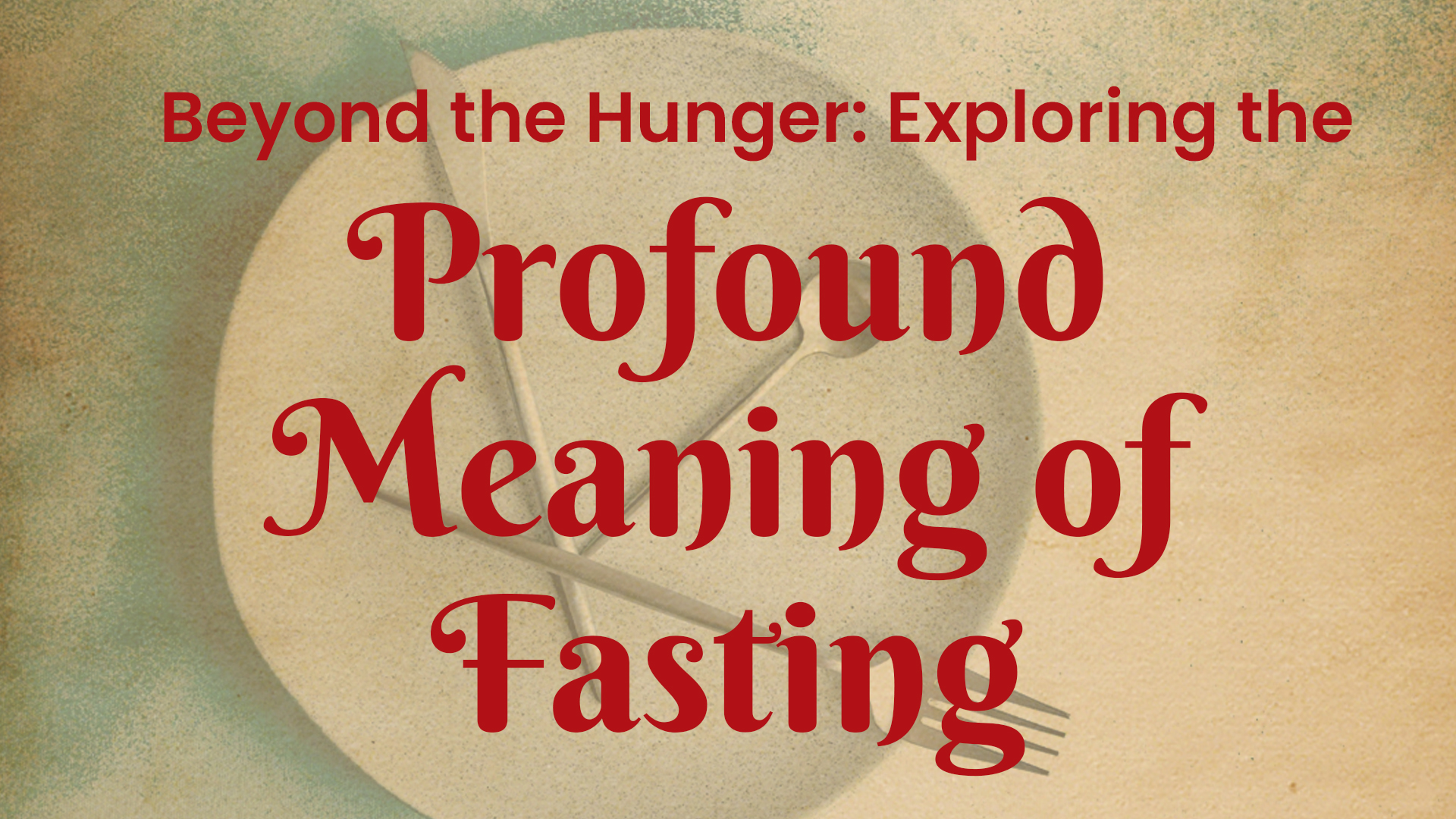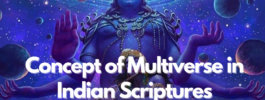In several Puranas written by Sage Ved Vyasa, there is a story about Lord Krishna and Sage Durvasa. Once, Lord Krishna and Rukmini were resting on the banks of the Yamuna River. Suddenly, a messenger arrived and informed them that Sage Durvasa had sent his greetings from the nearby shore. Lord Krishna immediately asked Rukmini to prepare food.
Rukmini prepared various dishes, and just as they were about to cross the river, a flood occurred in the Yamuna. Rukmini approached Lord Krishna and asked, “How can I cross the river? There is no boat, and the river is flooded.” Lord Krishna replied, “Go to the Yamuna and tell her that the eternal celibate has sent you to guide me. Give me a way. ” Rukmini asked, “Who is this eternal celibate?” Lord Krishna answered, “It’s me.” Rukmini burst into laughter, thinking, “How can someone who has so many gopis and 16,008 queens be an eternal celibate?” However, she didn’t say anything and went to the Yamuna riverbank, saying that the eternal celibate, Lord Krishna, had sent her and requested a way to cross the river. Yamuna provided her with a way.
Surprised, Rukmini reached Sage Durvasa. Sage Durvasa had already finished eating. When it was time for Rukmini to return, she asked, “How can I go back?” Sage Durvasa asked, “How did you come here?” Rukmini then explained everything.
Sage Durvasa said, “Alright, when you leave, make sure to mention that the eternal fasting practitioner(upvasi), Durvasaji, has instructed you to guide me. Give me a way. ” Rukmini was aware of Sage Durvasa’s anger, so she followed his instructions and returned to the riverbank. However, she now had serious doubts because she had personally served the food to Sage Durvasa.
With no other option, Rukmini told the Yamuna River that the eternal fasting practitioner(upvasi), Durvasa Muni, had instructed her to guide him. The Yamuna River provided her with a way.
When asked by Rukmini, other Puranas also define the true meaning of fasting as sitting close to God, worshiping God, and infusing the auspicious qualities of God into oneself. Fasting is not about starving the body or causing it pain. See the verse from Varaha Upanishad:
“उप समीपे यो वासो जीवात्मपरमात्मयोः ।
उपवासः स विज्ञेयो न तु कायस्य शोषणम् ॥
– वराह उपनिषद्
In this verse, the word “upa” means “near” or “close to,” “samastha” means “to sit,” “jivaatma” means “individual soul,” “paramatma” means “Supreme Soul,” and “shoshanam” means “to dry up” or “to wither.”
Therefore, the verse can be translated as:
“Fasting is defined as sitting close to the individual soul and the Supreme Soul, not as starving the body or causing it pain.”
-Varaha Upanishad
So, residing in the presence of the Supreme Being, and staying in sync with the universal consciousness, is what is called fasting. Now, the universe is vast, and therefore, as it is said in various scriptures, “as above, so below,” the soul merging with the Supreme Being is emphasized.
Adi Shankaracharya has expressed this very idea in his own style by saying that millions of scriptures convey a message that I would like to summarize in a half-line: “Brahman is truth, the world is illusory, and the soul is none other than the Supreme Being :
श्लोकार्धेन प्रवाक्ष्यामि यदुफ्तम ग्रन्थकोटिभिः ।
ब्रह्म सत्यं जगनिमथ्या जीवो ब्रह्मैव नापरः ॥”
– आदि शंकराचार्यजी
So, staying close to our soul – being in mindfulness, practicing meditation, is the true essence of fasting. If we look at the etymology, the word “upavas” is derived from two words – “up” and “vas.” “Up” means “above” or “higher,” and “vas” means “to dwell” or “to reside.”
So, the meaning becomes “to dwell above.” Whose dwelling above? It means moving away from our routine life and realizing that I am not just my body, but I have an infinite creative source or the soul within me. Staying connected with that essence is fasting. Eating less keeps the body energetic, and consuming pure, sattvic food increases the possibility of having a resourceful and peaceful mind. That is why dietary restrictions are associated with fasting. However, remember that the main purpose of fasting is not to focus on what we eat or drink, but to keep our attention away from the body, senses, or mind and be inwardly focused – in a meditative state.
Another aspect of “up” is that it can refer to someone above us, such as a mentor or guru. So, sitting with our gurus or spending time with those from whom we can acquire knowledge is also a form of fasting.
So, next time when you think of “fasting,” remember that your focus should not be on what to eat or not to eat, but on whom you spend your time with and staying in a meditative state. Remember, the purpose or goal of fasting is soul searching or devotion to the Supreme Being.
By the lines I have read somewhere, I shall pause my words.
“परमात्मा शब्द नही जो तुम्हें किताब में मिलेगा,
परमात्मा मूर्ति नही जो तुम्हें मंदिर में मिलेगी ,
परमात्मा इन्सान नही जो तुम्हें समाज में मिलेंगे ,
परमात्मा तुम स्वयं हो, वो तुम्हें अपने भीतर ही मिलेगा ।
God, not a word found in books,
Nor a deity discovered in temple nooks,
Not a human being found in society’s fold,
God , it is yourself, within you, behold.”
Shubham Bhavatu.








